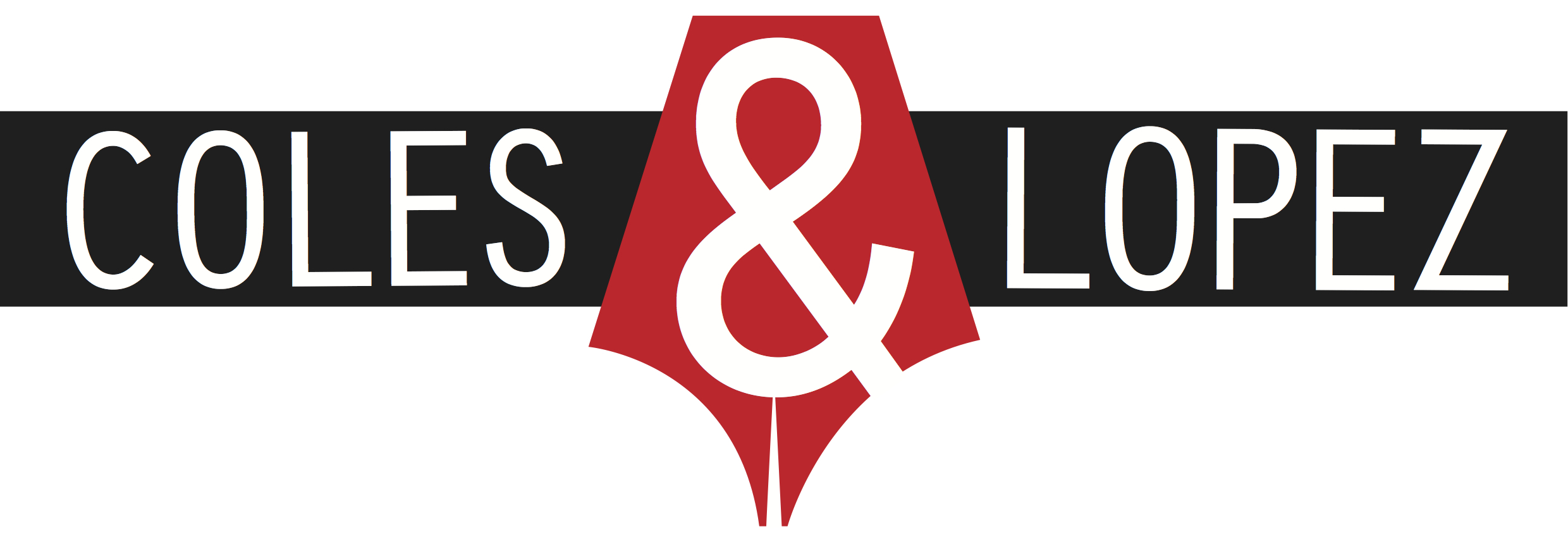Alternative reality
Over the past several months, we’ve talked about the difference between “was” and “were”, “home” and “hone”, “lie” and “lay” and “passed” and “past”. Today, we’re going to tackle another oft-muddled-up pair: “alternate” and “alternative”. Spoiler alert: we have our American brethren to thank for at least some of the confusion.
The difference
Alternate
“Alternate” refers to two things that take place repeatedly, one after the other.
It can be an adjective, the final syllable rhyming with “lit”:
My boyfriend and I cook dinner on alternate nights.
Or a verb, the final syllable rhyming with “late”:
She alternates between walking through the neighbourhood and walking along the river.
Prosperous times alternated with periods of economic uncertainty.
“Alternating” is the participle of the verb “alternate”. Although it is technically a verb form, it is used as a modifier – in other words, it performs the same function as the adjective “alternate”:
The mother and father have custody on alternating weeks.
Alternative
“Alternative” refers to another option or possibility – usually something besides the first choice or the mainstream way of being.
It can be a noun:
We don’t want to go, but you leave us no alternative.
Or an adjective:
Drew Barrymore embraced alternative fashion in the ’90s.
The confusion
As is so often the case, American English has slightly different rules, creating a whole lot of difficulty for us.
In the US, the definitions above are correct, but the adjective “alternate” can also have the same meaning as the adjective “alternative” – that’s why terms like “alternate reality”, “alternate universe” and “alternate route” are commonplace. (Note that it doesn’t go both ways – they wouldn’t talk about “cooking dinner on alternative nights”, for example.)
On top of that, the Americans sometimes use “alternate” as a noun, meaning “reserve” or “backup”:
I’m sick, so my alternate will have to fill in for me.
In these heady days of globalisation, it’s increasingly hard to keep British and US English separate, and I don’t think it’s the end of the world if so-called Americanisms continue to creep into our vocabularies. However, it comes back to my old argument: if you break the traditional rules of grammar, a certain portion of your readership/listenership may think less of you and put less stock in whatever message you’re trying to convey. If you’re willing to take that risk, more power to you.
In a nutshell
In British/New Zealand English, “alternate” is an adjective or verb referring to two things that take place repeatedly, one after the other. “Alternative” is a noun or adjective referring to another option or possibility.

